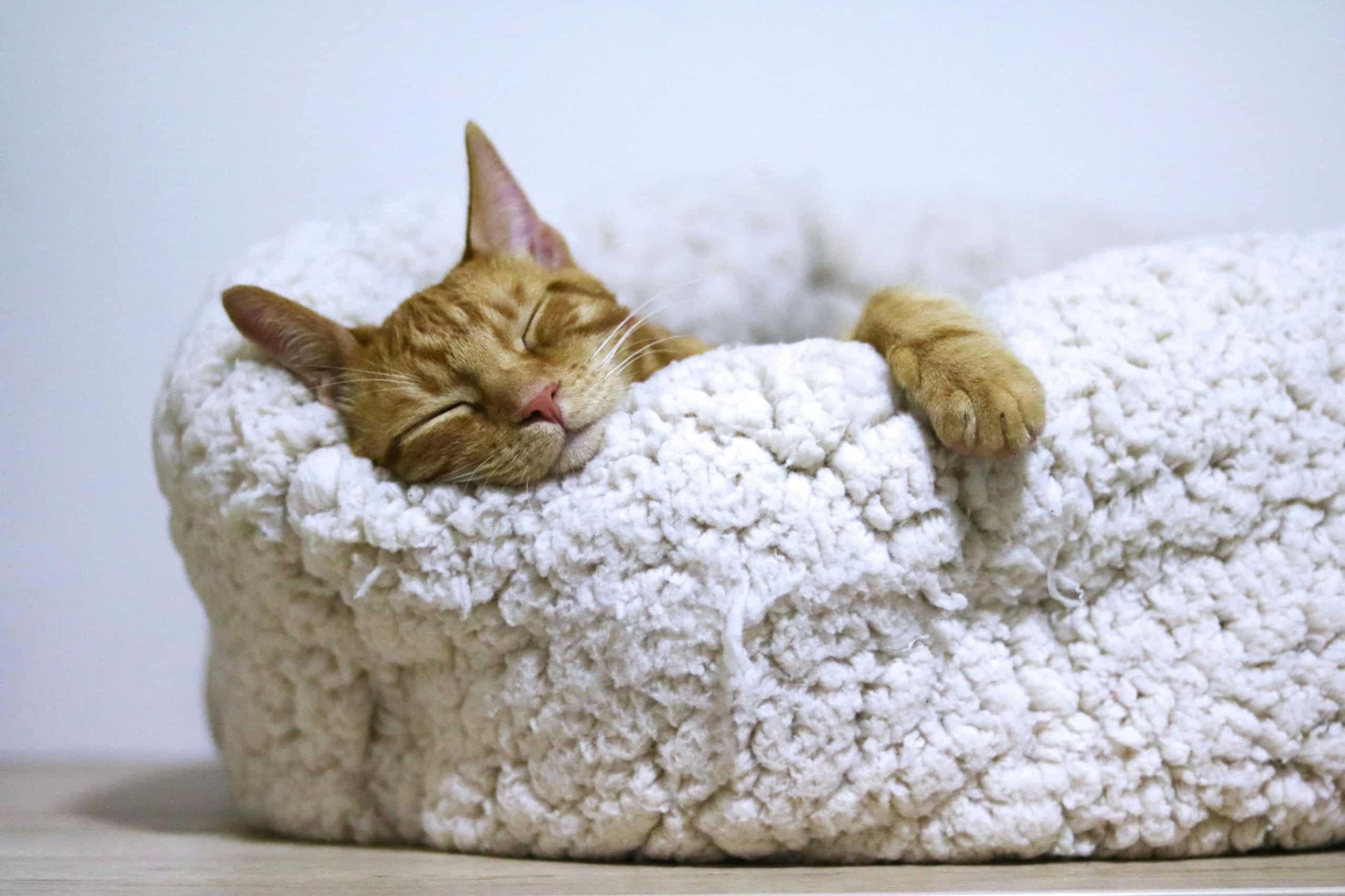Carbon monoxide poisoning has become the boogeyman that we are all afraid of once winter arrives. We’ve all seen news reports or heard stories of families killed while sleeping and inhaling the invisible and deadly gas all night. Carbon monoxide (CO) is a concern for many homeowners because it’s colorless and odorless, and without a detector, you won’t know if you’re breathing in noxious air filled with poison.
What is Carbon Monoxide?
So, what is carbon monoxide? Carbon monoxide is an odorless gas that is a byproduct of burning fuel or burning materials. Carbon monoxide can also be released into homes when fuel-burning appliances malfunction. CO is also a danger when vehicles are allowed to operate in a closed attached garage. Carbon monoxide is dangerous to people and pets because it prevents oxygen from being transported to your cells through your blood. When there are increased levels in an enclosed space, you can be poisoned or even die.
Here is a list of other potential causes of carbon monoxide poisoning.
• All Fireplaces
• Boilers
• Cars, Trucks, and Other Gas Vehicles
• Grills
• Generators
• Furnaces
• Dryers (Laundry)
• Water Heaters
• Gas stoves and ovens
• Some Power Tools
• Lawn equipment
• Woodstoves
• Tobacco smoke
Carbon monoxide poisoning is more common in unmaintained fuel-burning appliances. The best way to protect yourself and those you care about is to do everything you can to prevent conditions that could lead to CO buildup in your home.
Carbon Monoxide and Your Home Safety
There seems to be a great deal of confusion about which appliances and conditions cause carbon monoxide and which don’t. To be clear, your AC unit is not a potential CO-producing appliance. You don’t have to worry about appliances like your electric stove. The appliances that cause carbon monoxide are those that burn fuel and produce heat. So, here’s the good news: if you install and maintain your carbon monoxide detectors, they will alert you to dangerous CO levels and help you avoid a dangerous situation. If CO levels in your home reach dangerous levels, it can be a wake-up call to the dangers of poorly maintained heating appliances. Even if you have a carbon monoxide detector, you can still begin to feel the effects of CO poisoning before the alarm sounds.
If you notice a combination of the following symptoms and you’re using gas appliances, check your CO detectors.
• Blurred vision
• Confusion
• Disorientation
• Dizziness
• Fatigue
• Headache
• Elevated Heart Rate
• Nausea
• Vertigo
• Loss of Consciousness
• Poor Muscle Control
• Sleepiness
• Labored Breathing
• Vomiting
• Weakness
What to Do If Your Carbon Monoxide Detector Alerts You to Danger?
• Believe Your Detector! Many homeowners have CO detectors, and the only time it sounds off is when it needs a new battery. There is an ambivalence that can accompany these devices. We have them in our homes, but we don’t know if we trust them wholly. If your alarm sounds, you should believe it and assume there are unsafe levels of poisonous gas in your home.
• All people and pets should quickly evacuate the home and find fresh air.
• Get Out! Get yourself and your pets out of the house to a safe source of fresh air.
• Get Help! Depending on the time of day, you may be able to call your gas company, HVAC specialist, or plumbing professional to request an emergency appointment. If your alarm sounds outside of office hours or while you were asleep, you can call 911 for assistance and let them know your alarm sounded.
• Stay Out! Don’t return to your home until a professional tells you it’s safe to return. Just because the alarm stops sounding, it doesn’t mean the threat is gone. If you open windows or prop open doors, the carbon monoxide levels will decrease, but the cause of the gas release is still there. So, you should wait until you’ve been told it’s safe.
• Wait For Professional Help! Let the emergency professionals or home services experts check for the cause of the carbon monoxide. Wait for them to tell you what caused the problems and confirm the threat is gone.
Contact the professionals at Premier Indoor Comfort today to have your furnace checked. Call now at (770) 268-2422 to schedule an inspection with one of our HVAC experts.
